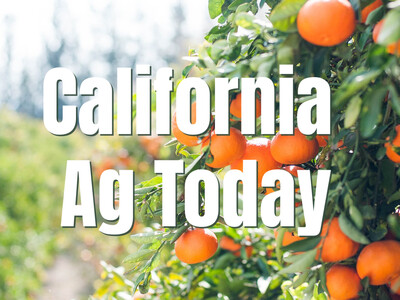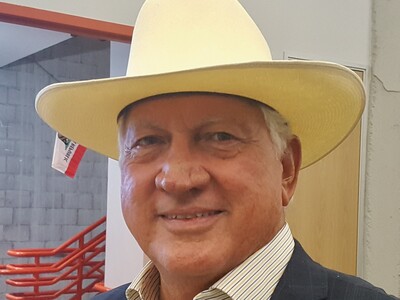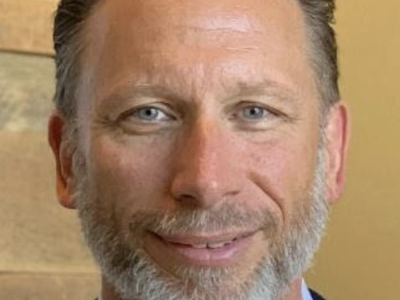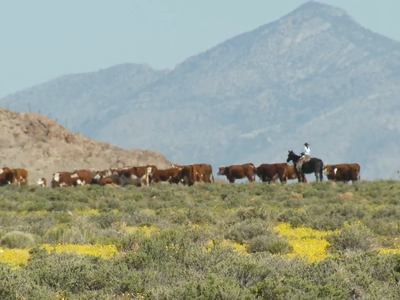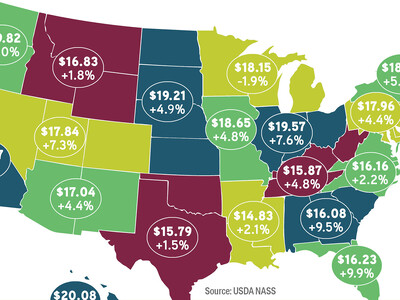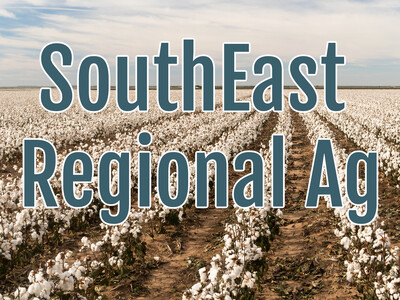Trade Trickle Down & Salmon Plan
Trade Trickle Down & Salmon Plan plus Food Forethought. I’m Greg Martin with today’s Northwest Report.
Not sure if this qualifies as trickle down but China will consider possible tariff retaliation against U.S. chicken products and other goods after President Obama sided with U.S. labor unions to impose a 35-percent duty on imported Chinese tires.
DRAZEK: All of a sudden you could start to see soybean exports start to decrease into
Calling it an "insurance policy" for salmon, the Obama administration has offered up a tougher conservation plan for the
Now with today’s Food Forethought, here’s Lacy Gray.
Norman Borlaug, a man of great vision who was considered the “father of the Green Revolution” passed away earlier this week. Hopefully though his vision and passion for developing genetically enhanced food will not stop or slow down with his passing. Credited for saving more than a billion people from starvation the world owes this man a great deal of thanks and recognition. Mr. Borlaug did not hold any animosity towards organic farming; on the contrary, he stated that people should be able to purchase organic food if they have the will and financial means to do so. But he also knew that the world’s millions of hungry could not afford to be elitists and that only through the advancement of new technology could production agriculture feed the world’s ever growing population. We can only pray that his life’s work will be continued in his absence and that through the advances of modern science the future of food production will be one of success and abundance, and not the popular doomsday scenarios of global famine.
Thanks Lacy. That’s today’s Northwest Report. I’m Greg Martin on the Northwest Ag Information Network.






